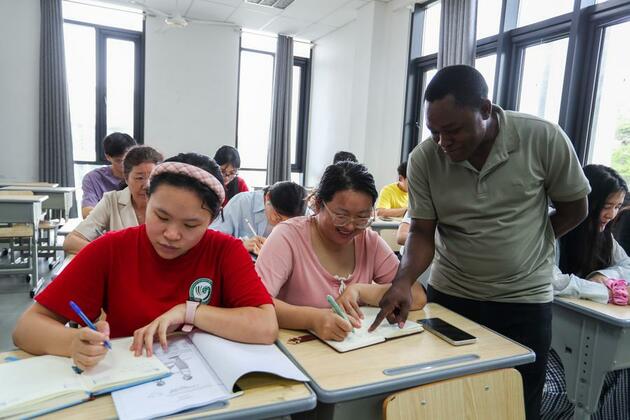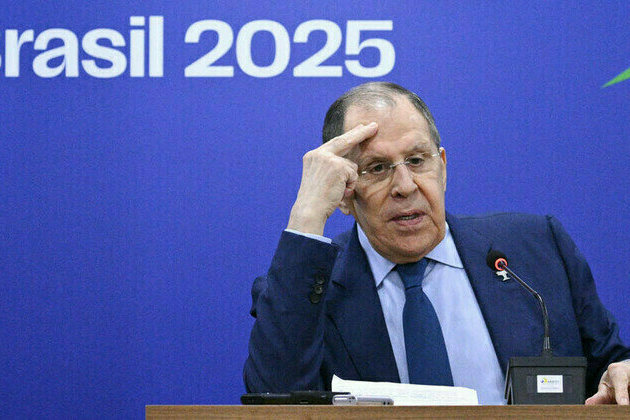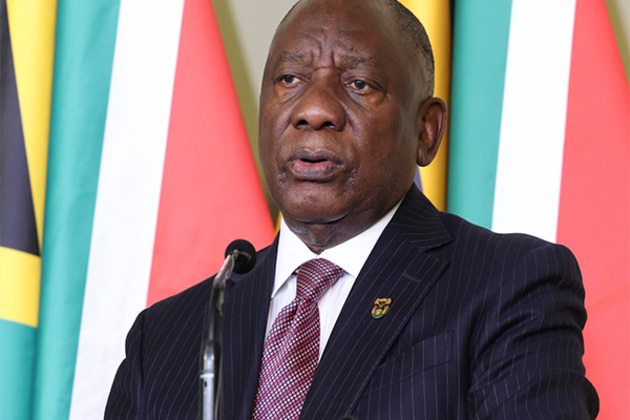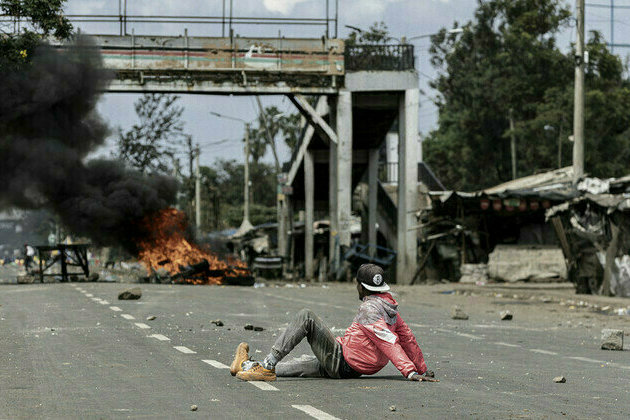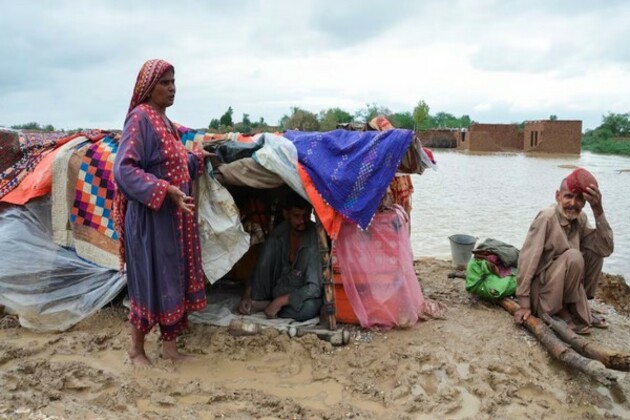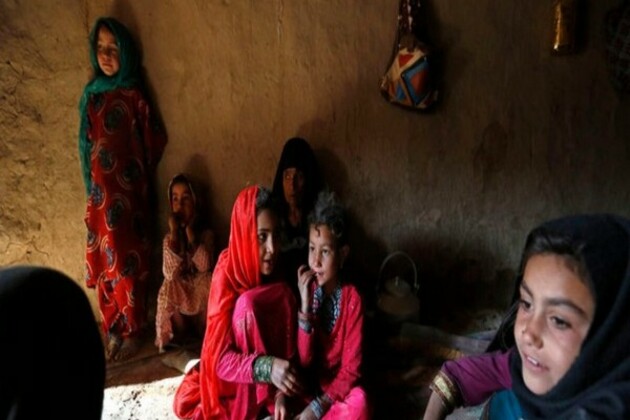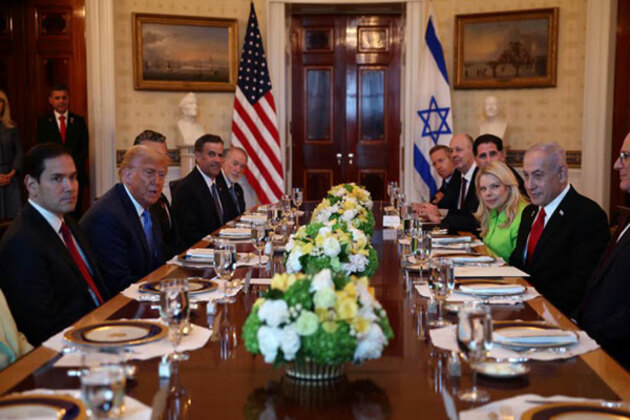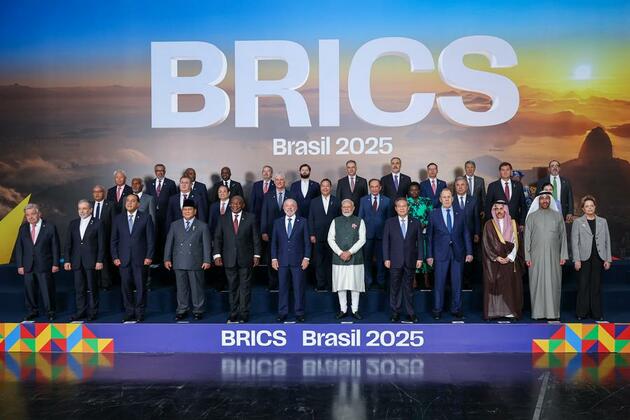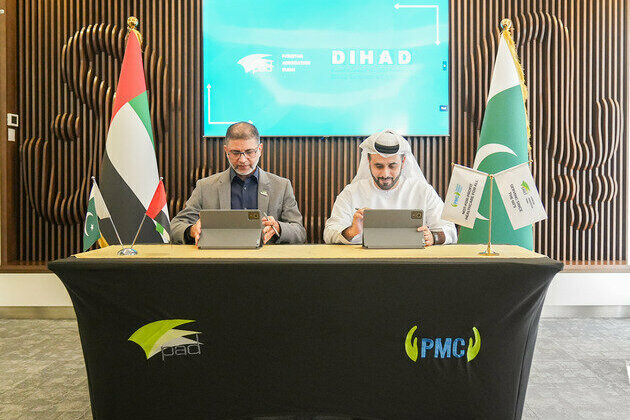BRICS moves to expand Global South cooperation for inclusive, sustainable global governance
Xinhua
08 Jul 2025, 17:45 GMT+10
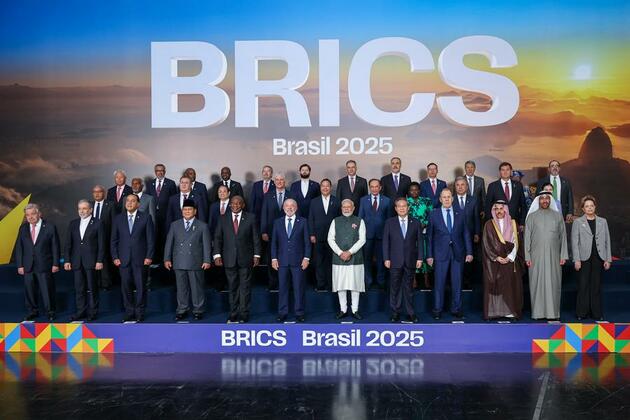
At the 17th BRICS Summit, leaders emphasized strengthening multilateralism, reforming global governance, and empowering the Global South through deeper cooperation, expanded membership, and opposition to unilateralism and protectionism.
RIO DE JANEIRO, July 8 (Xinhua) -- Leaders of BRICS countries, gathering here on Sunday and Monday for the 17th BRICS Summit, reiterated their commitments to reforming and improving global governance by expanding Global South cooperation.
The meeting adopted the Rio de Janeiro Declaration, which calls for strengthening multilateralism and reforming global governance, promoting peace, security and international stability, as well as deepening international economic, trade and financial cooperation.
Addressing the summit's plenary session themed "Peace and Security and Reform of Global Governance" on Sunday, Chinese Premier Li Qiang called on BRICS countries to strive to become pioneers in advancing the reform of global governance, safeguard world peace and tranquility, and boost the peaceful settlement of disputes.
In 2015, Chinese President Xi Jinping put forward the global governance vision of extensive consultation and joint contribution for shared benefit, offering China's solution to the global governance challenge.
Ten years on, the vision has gained growing global influence as transformations unseen in a century are accelerating in the world.
"The world has entered a new phase of major turbulent changes, and the international order is undergoing a significant reorganization. Following its expansion, the BRICS mechanism will unite efforts to promote common development, defend multilateralism and contribute more to building a more equitable global governance system," said Boris Guseletov, a senior researcher at the Institute of European Studies of the Russian Academy of Sciences.
Li also called for commitment to building an open world economy and stressed the importance of opposing unilateralism and protectionism when addressing the plenary sessions.
The Chinese premier noted that the current international economic and trade order, along with the multilateral trading system, is facing severe challenges, and the global economic recovery remains arduous.
Greater BRICS cooperation must stay true to its founding purpose, meet the needs of the times, uphold and practice multilateralism, promote the establishment of an equitable and open international economic and trade order, pool efforts in the Global South, and make greater contributions to global stability and development, he said.
Amid rising global trade tensions, the 17th BRICS Summit toughened the bloc's key role in promoting fairer economic practices, said Balew Demissie, a researcher with the Ethiopian Policy Studies Institute. BRICS offers a unified platform that supports multilateral trade, promotes intra-bloc commerce and facilitates the use of local currencies, thus reducing reliance on limited markets, he added.
The leaders attending the plenary sessions agreed that the BRICS cooperation mechanism has been growing stronger and more representative, with its international influence rising steadily. It has provided an important platform for Global South countries to defend their right to development, uphold international fairness and justice, and participate in the reform of the global governance system, they said.
"BRICS is increasingly shaping global debates on development, multipolar governance and security matters," said South African President Cyril Ramaphosa on Sunday. "With our broad geographical footprint and growing influence, BRICS is uniquely positioned to advocate for reform in global governance structures."
Malaysian Prime Minister Anwar Ibrahim said in a statement that BRICS, which has emerged as a strong and principled force, represents an opportunity to shape a more balanced and just international order, noting that legacy international organizations need to be reformed to reflect the changing global realities and take into account the aspirations of developing nations.
Furthermore, the expansion of BRICS symbolized a qualitative leap in its representativeness and influence. In January this year, Indonesia, the largest economy in the Association of Southeast Asian Nations (ASEAN), officially joined BRICS. By now, BRICS countries account for over half of the world's population, nearly 30 percent of global GDP, and more than 50 percent of global economic growth. This signifies a historic shift of the Global South power from the periphery to the center of the international arena.
"If we want the international system to be more diverse, fair and democratic, it is important that the Global South has more power to act and have a voice," said Alessandra Scangarelli Brites, editor-in-chief of Brazil's Intertelas Magazine.
"This does not mean fighting for power to have control over others, but to have equal action and to have its positions and interests heard and met in a space of greater equality, independence and respect for the sovereignty of countries," the editor-in-chief added.
During talks with other leaders on the sidelines of the summit, the Chinese premier voiced China's readiness to push for a greater role of the Global South in improving global governance.
When meeting with Brazilian President Luiz Inacio Lula da Silva a day before the summit, Li said China is willing to enhance communication and coordination with Brazil within multilateral frameworks such as the United Nations, BRICS and the G20, work in unity with developing countries to promote an equal and orderly multipolar world and a universally beneficial and inclusive economic globalization, and provide more certainty and stability for the world.
In his meeting with Ethiopian Prime Minister Abiy Ahmed, Li noted that both China and Ethiopia are important Global South countries, and China will join hands with Ethiopia to strengthen communication and coordination within multilateral frameworks, boost concerted efforts by all parties to practice true multilateralism, firmly safeguard economic globalization and free trade, and inject more stability and positive energy into the world.
After the plenary sessions, Li met with Director-General of the World Trade Organization (WTO) Ngozi Okonjo-Iweala and said China will, as always, continue to practice and safeguard multilateralism and free trade, actively support the reform and development of the WTO to restore its authority, accelerate the improvement of trade rules, and push for more concrete outcomes of the 14th WTO Ministerial Conference.
"Instead of unilateralism and protectionism, the BRICS countries reaffirmed the importance of cooperation and an open economy so that all countries can achieve development and collective security," said Marcos Cordeiro Pires, a professor of political and economic sciences at the Faculty of Philosophy and Sciences of the Sao Paulo State University.
BRICS countries are striving for new global governance and a global framework that is inclusive, representative and anchored in the principles of sovereignty, equality and peaceful coexistence.
"The demand for new global governance is not a whim, but a process of historical reparation. The BRICS offers a platform for inclusive cooperation, removed from hegemony and closer to the principles of multipolarity," said Jhonathan Mattos, an associate professor at the Department of International Relations, Rio de Janeiro State University.
"It's a model of multilateralism, multipolarity, regional integration and the identity of shared demands," Mattos said.
 Share
Share
 Tweet
Tweet
 Share
Share
 Flip
Flip
 Email
Email
Watch latest videos
Subscribe and Follow
Get a daily dose of Kenya Star news through our daily email, its complimentary and keeps you fully up to date with world and business news as well.
News RELEASES
Publish news of your business, community or sports group, personnel appointments, major event and more by submitting a news release to Kenya Star.
More InformationAfrica
SectionBRICS moves to expand Global South cooperation for inclusive, sustainable global governance
At the 17th BRICS Summit, leaders emphasized strengthening multilateralism, reforming global governance, and empowering the Global...
(Hello Africa) How Kiswahili is building a cultural bridge between China, Tanzania
Interest in Kiswahili among Chinese nationals is steadily rising. It represents a growing movement of cultural curiosity, mutual respect,...
Lavrov slams IMF and World Bank for favoring Ukraine over Africa
Russias foreign minister has called for the reform of global financial institutions and the more equitable distribution of aid Russian...
Kundai Matigimu fined 15% of match fees after breaching Level 1 of the ICC Code of Conduct
Bulawayo [Zimbabwe], July 8 (ANI): Zimbabwe's right-arm seamer Kundai Matigimu was fined 15 per cent of his match fees as he breached...
"Not an accurate representation": South Africa slams Trump 30 pc tariff announcement
Pretoria [South Africa], July 8 (ANI): South African President Cyril Ramaphosa on Tuesday slammed the unilateral imposition of a 30...
Protests claim more lives in Kenya
Kenyas human rights commission has accused the police of operating alongside armed criminal gangs during the latest rallies At least...
World
SectionUS debt limit raised, but spending bill fuels fiscal concerns
NEW YORK CITY, New York: With just weeks to spare before a potential government default, U.S. lawmakers passed a sweeping tax and spending...
Pakistan: Neglect, mismanagement leave Sindh drowning in climate chaos
Karachi [Pakistan], July 8 (ANI): Climate change is no longer a distant threat, its effects are devastating communities across Pakistan,...
WFP raises alarm as 10 million Afghans face hunger due to aid cuts
Kabul [Afghanistan], July 8 (ANI): The World Food Programme (WFP) has once again raised alarm over the worsening humanitarian crisis...
Trump, Netanyahu back Gaza relocation plan amid ceasefire talks
Washington [US], July 8 (ANI): Israeli Prime Minister Benjamin Netanyahu met US President Donald Trump at the White House on Monday...
Chinese premier calls for commitment to building open world economy
RIO DE JANEIRO, July 7 (Xinhua) -- Chinese Premier Li Qiang has called for commitment to building an open world economy, and urged...
DIHAD, Pakistan Association Dubai sign MoU to advance sustainable humanitarian work
DUBAI, 8th July, 2025 (WAM) -- The DIHAD Sustainable Organisation has signed a strategic Memorandum of Understanding (MoU) with the...

